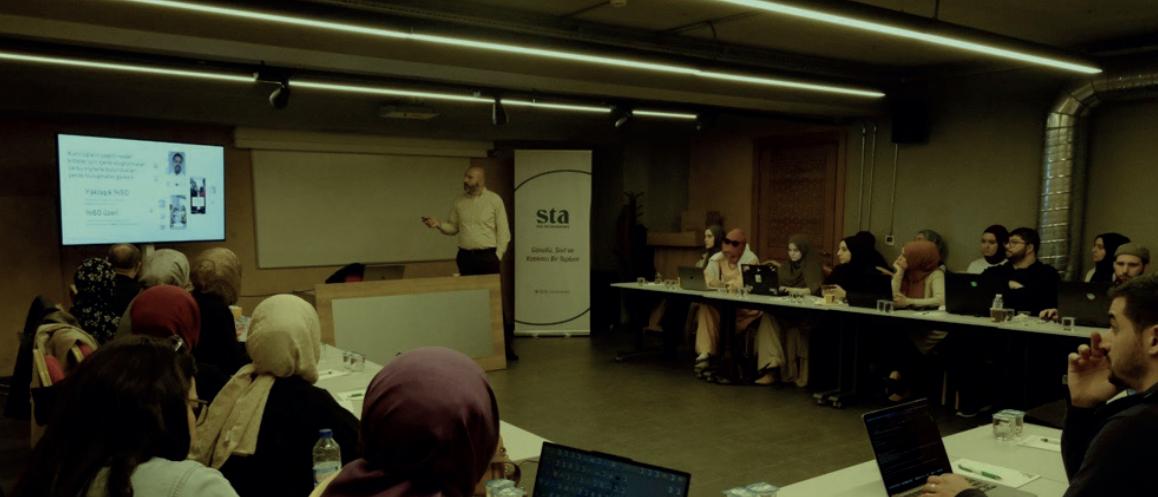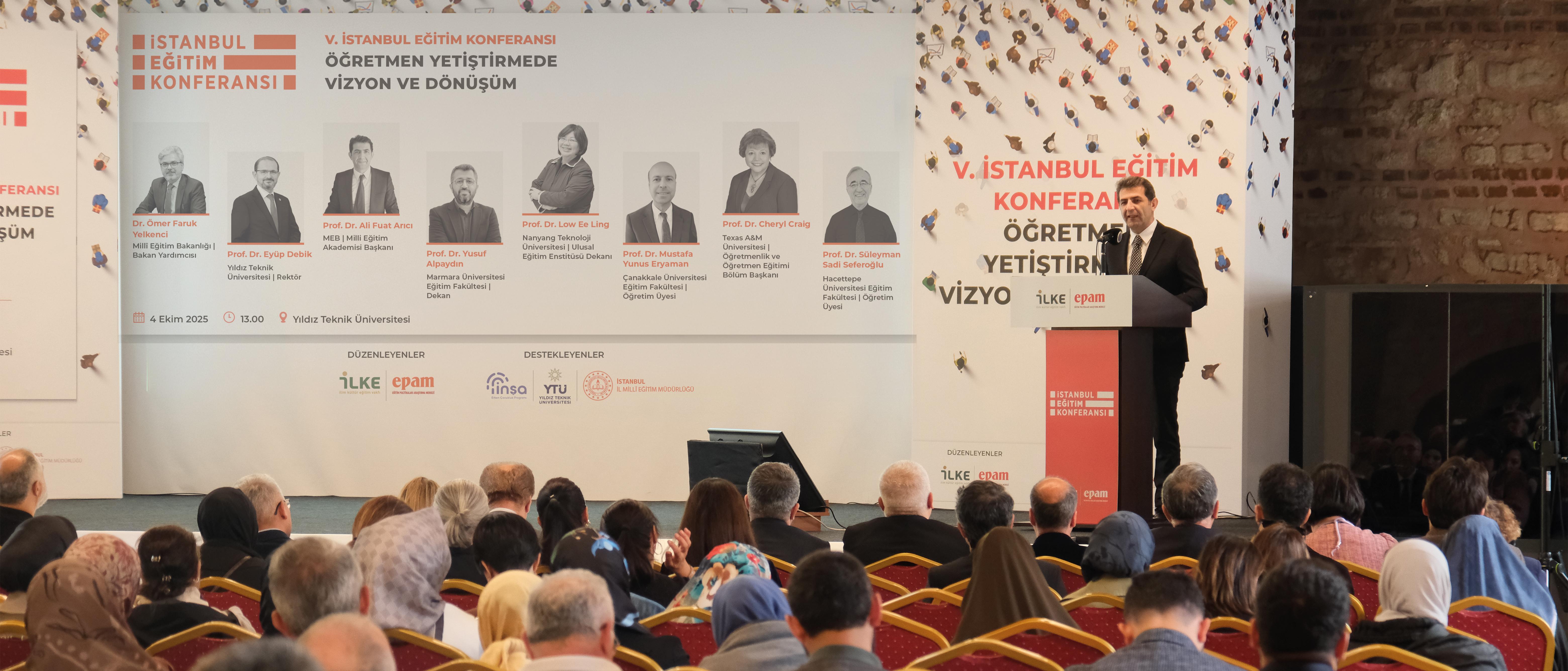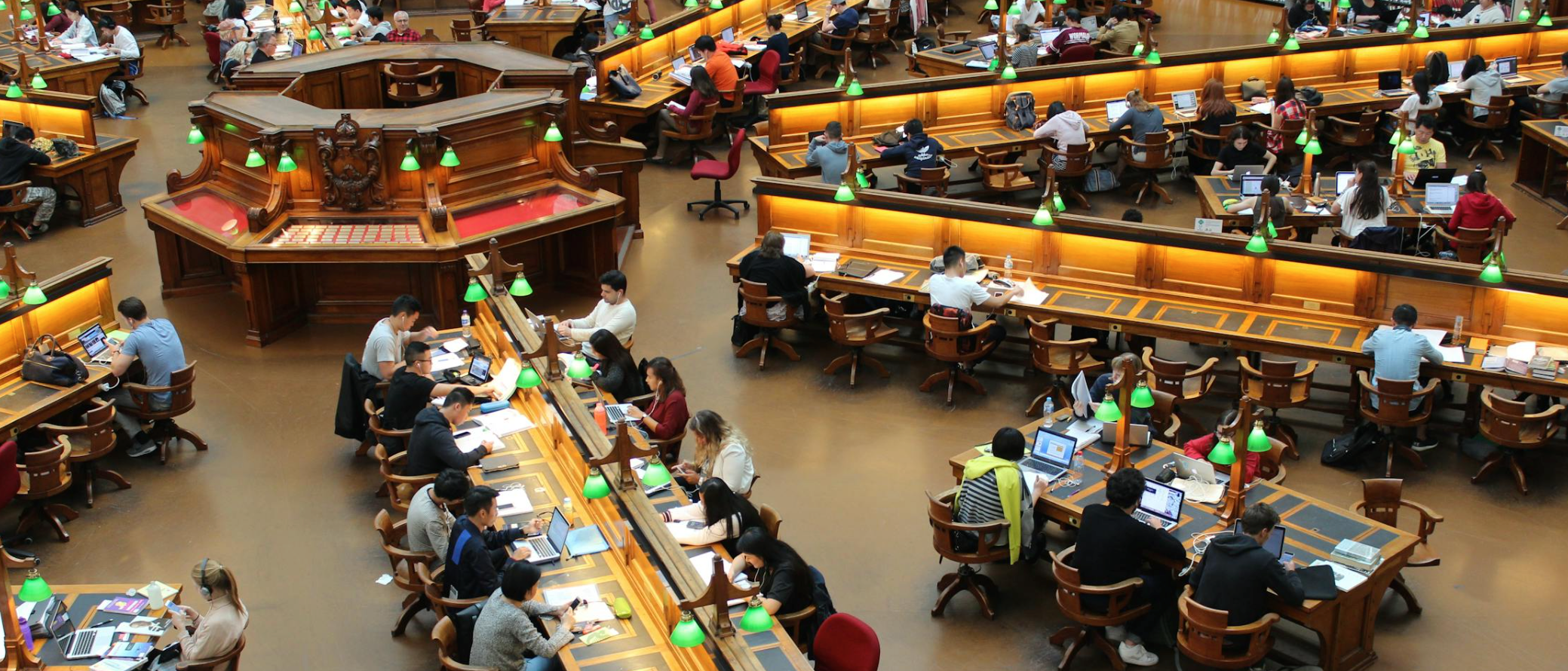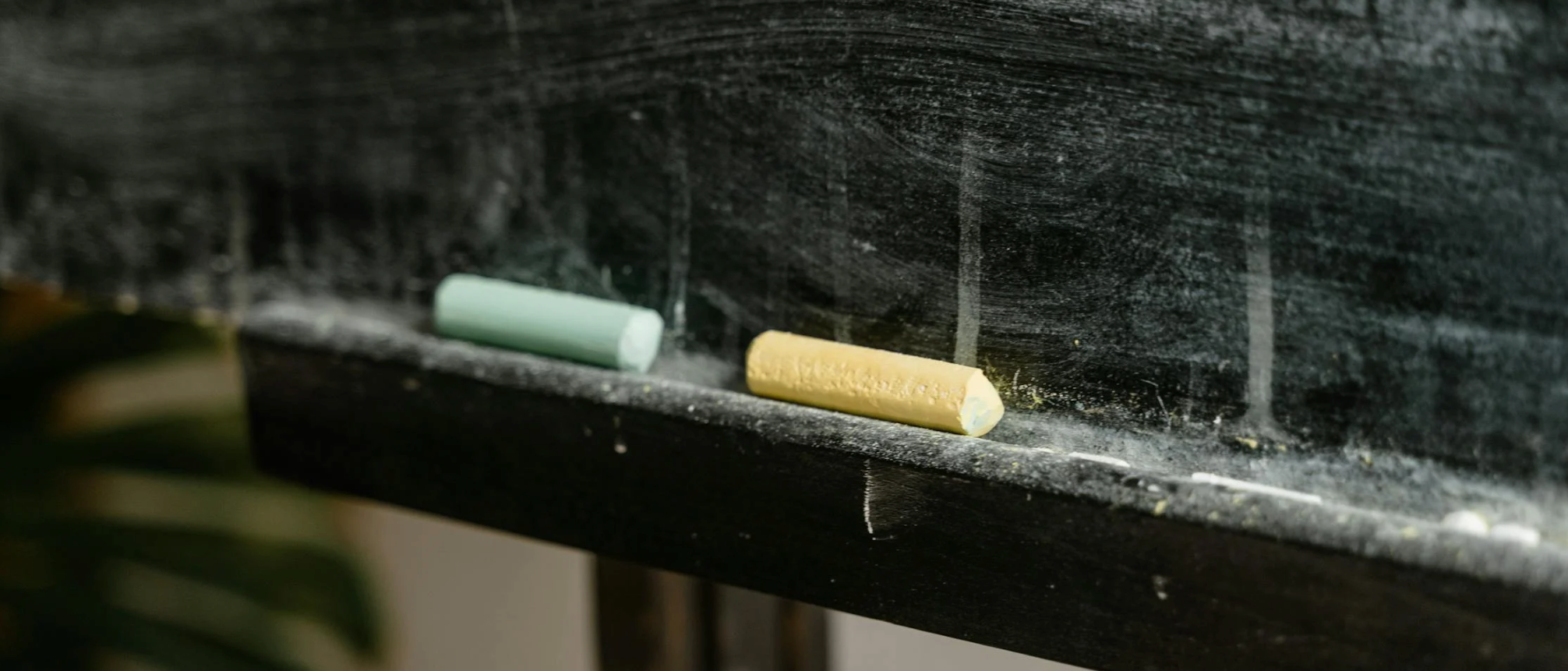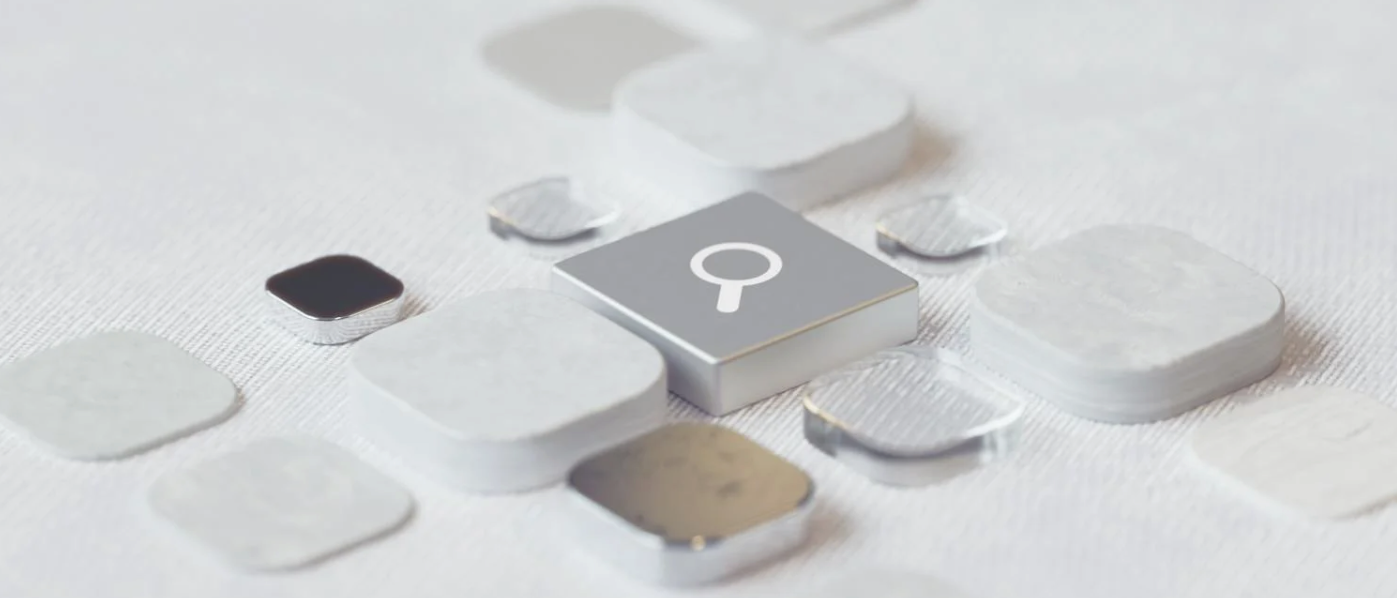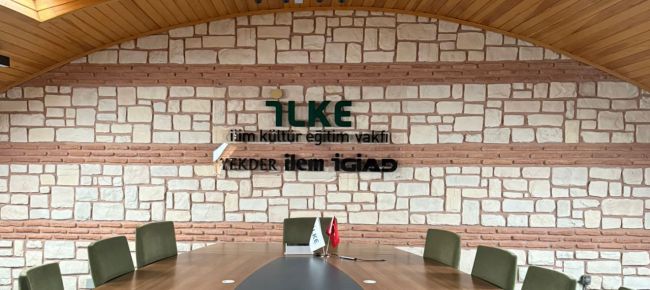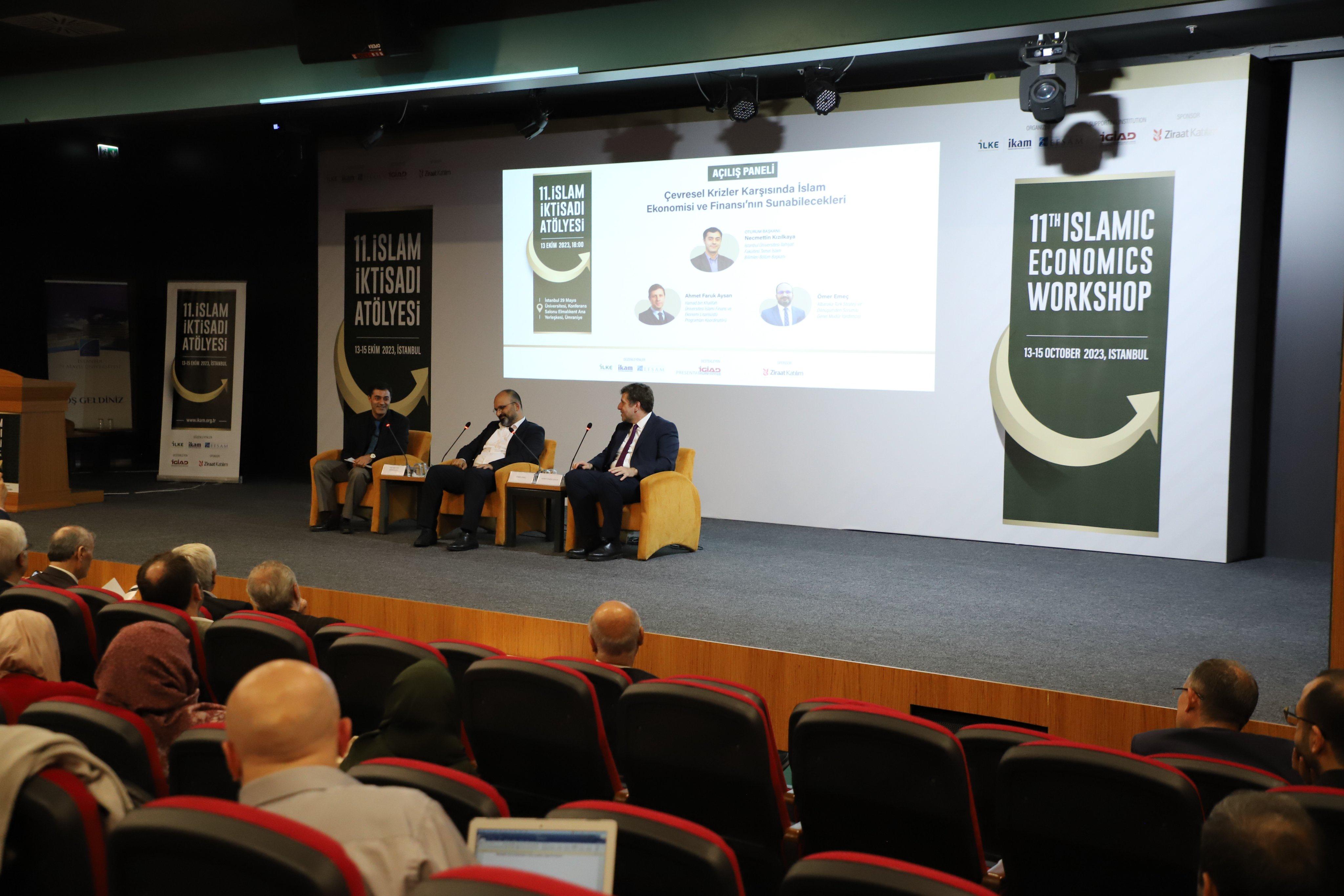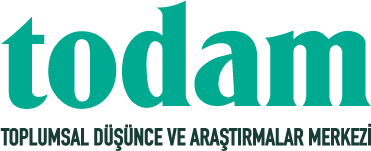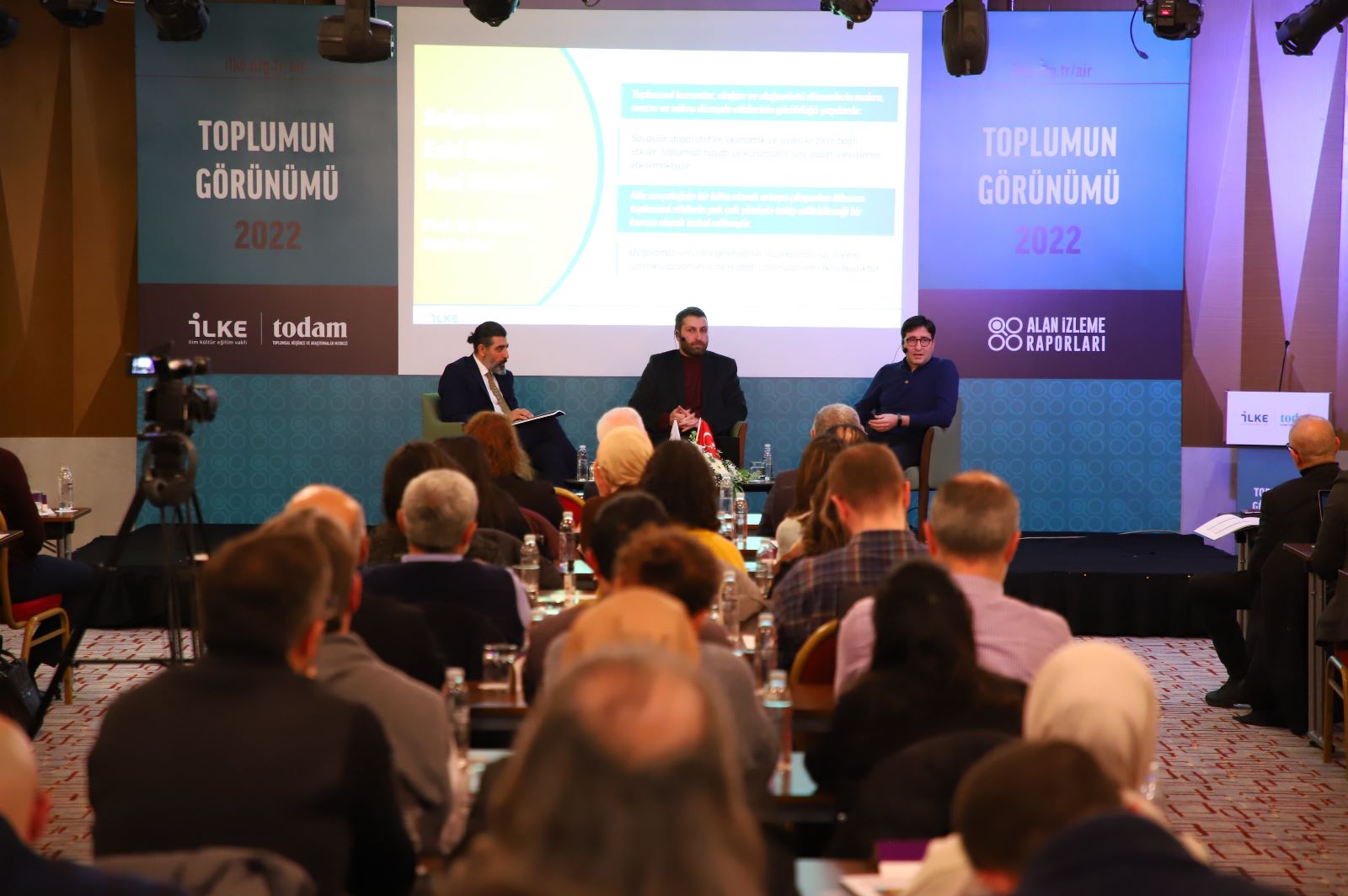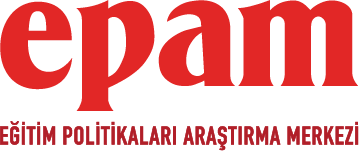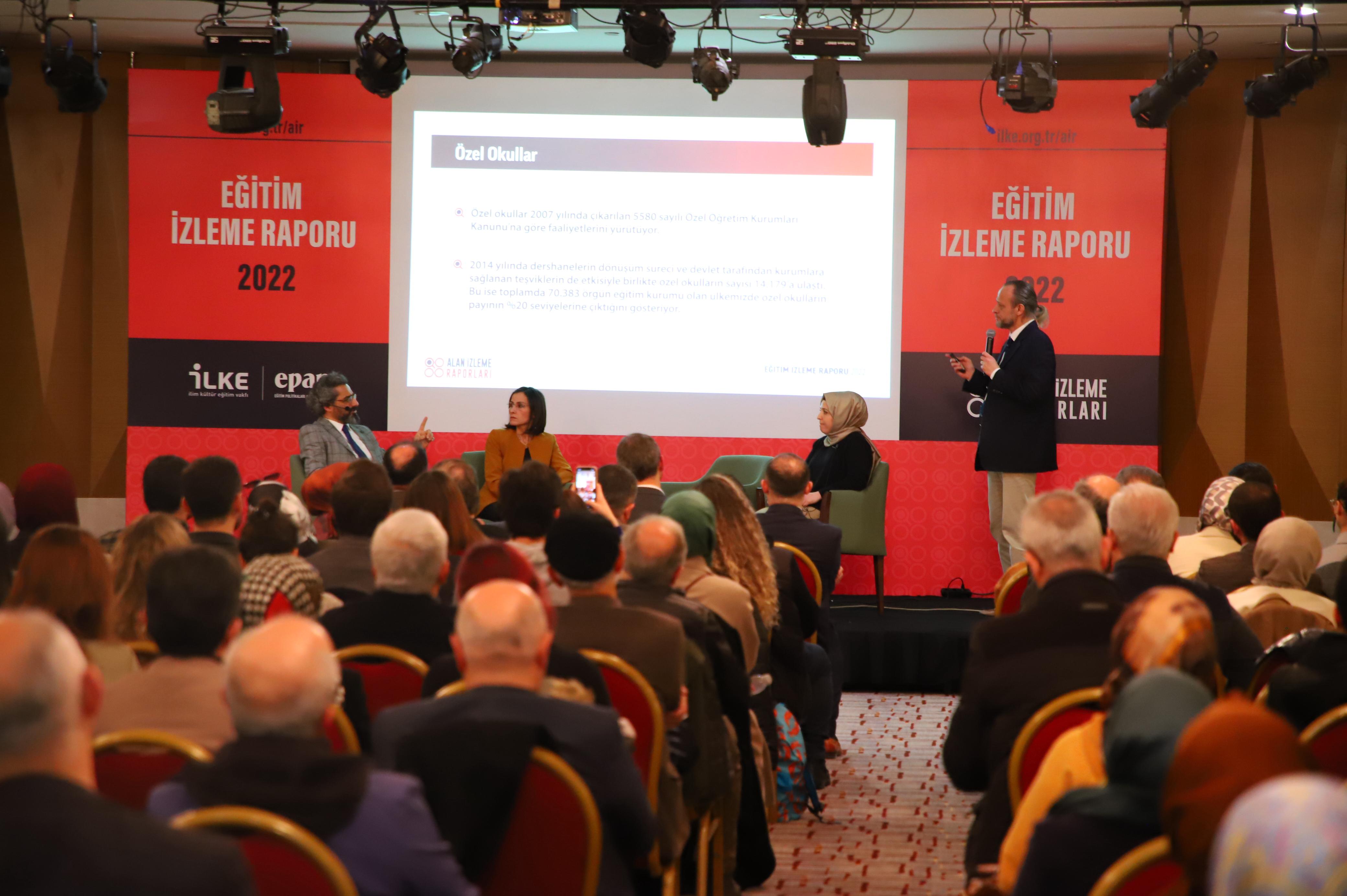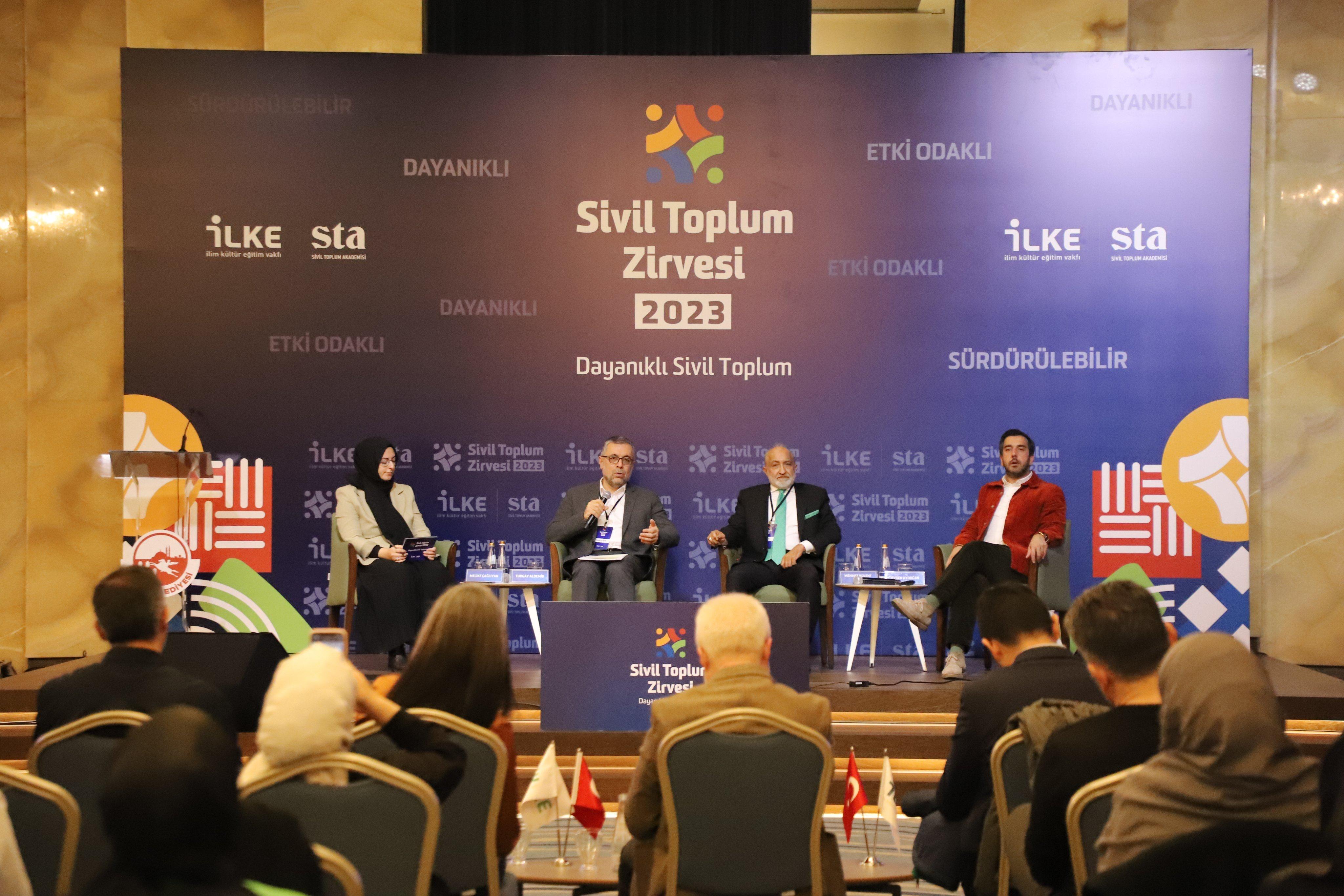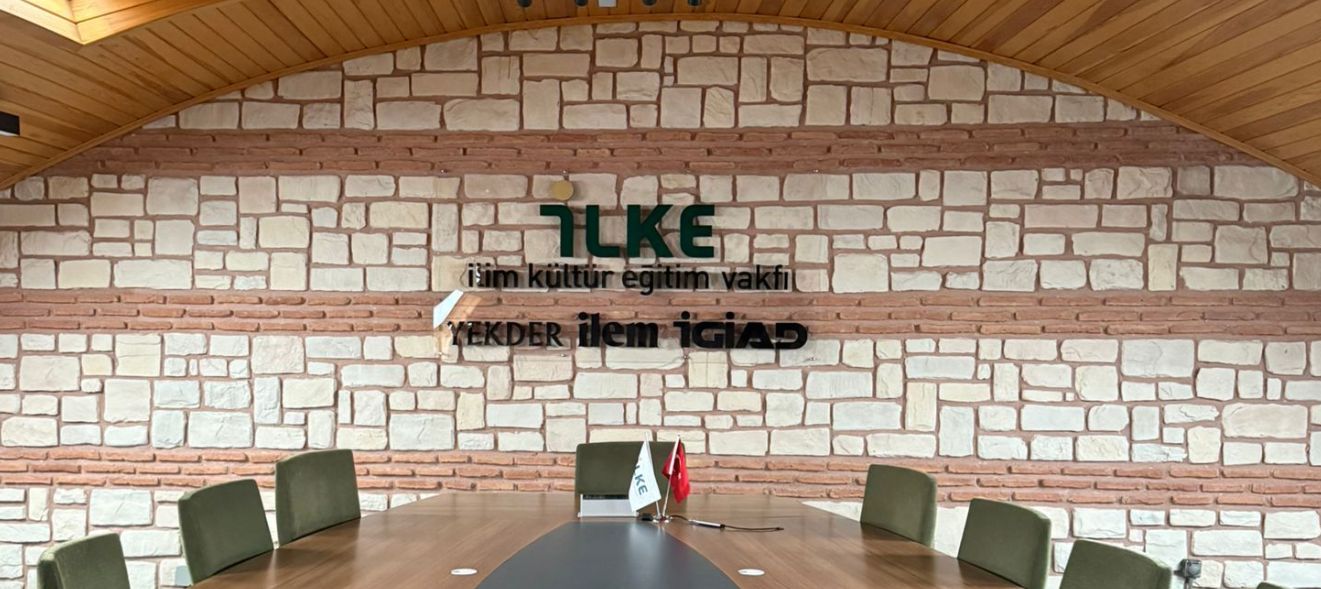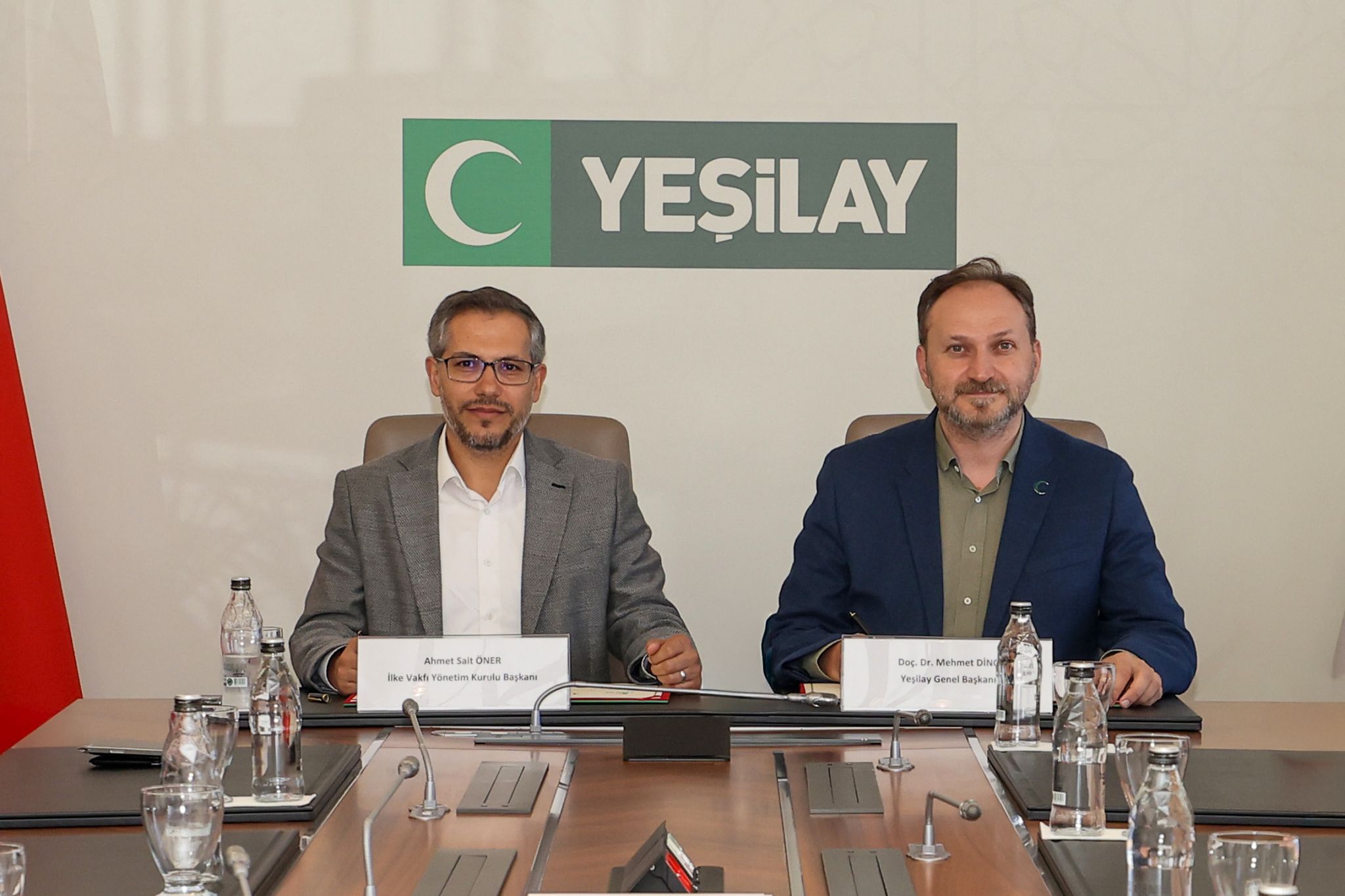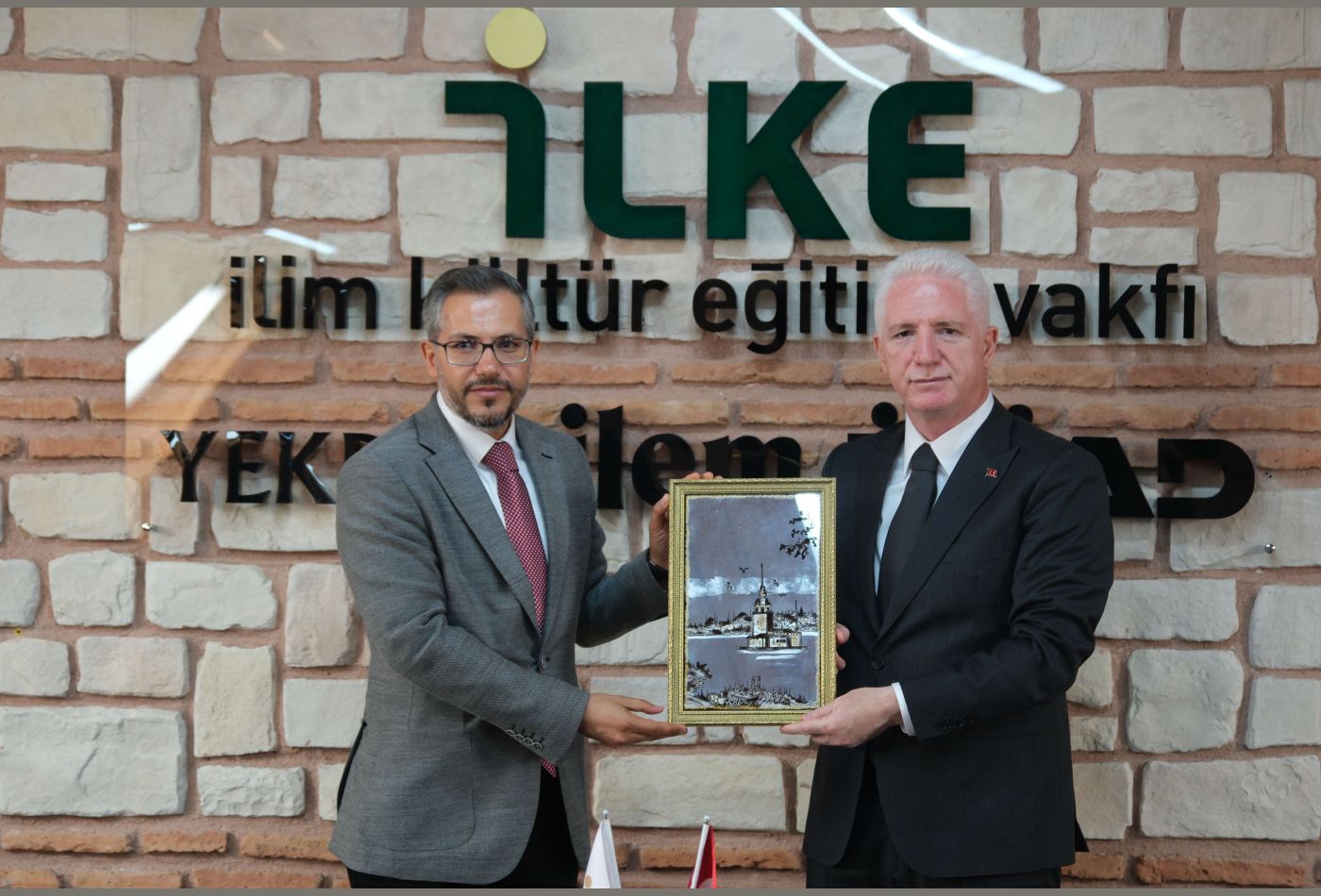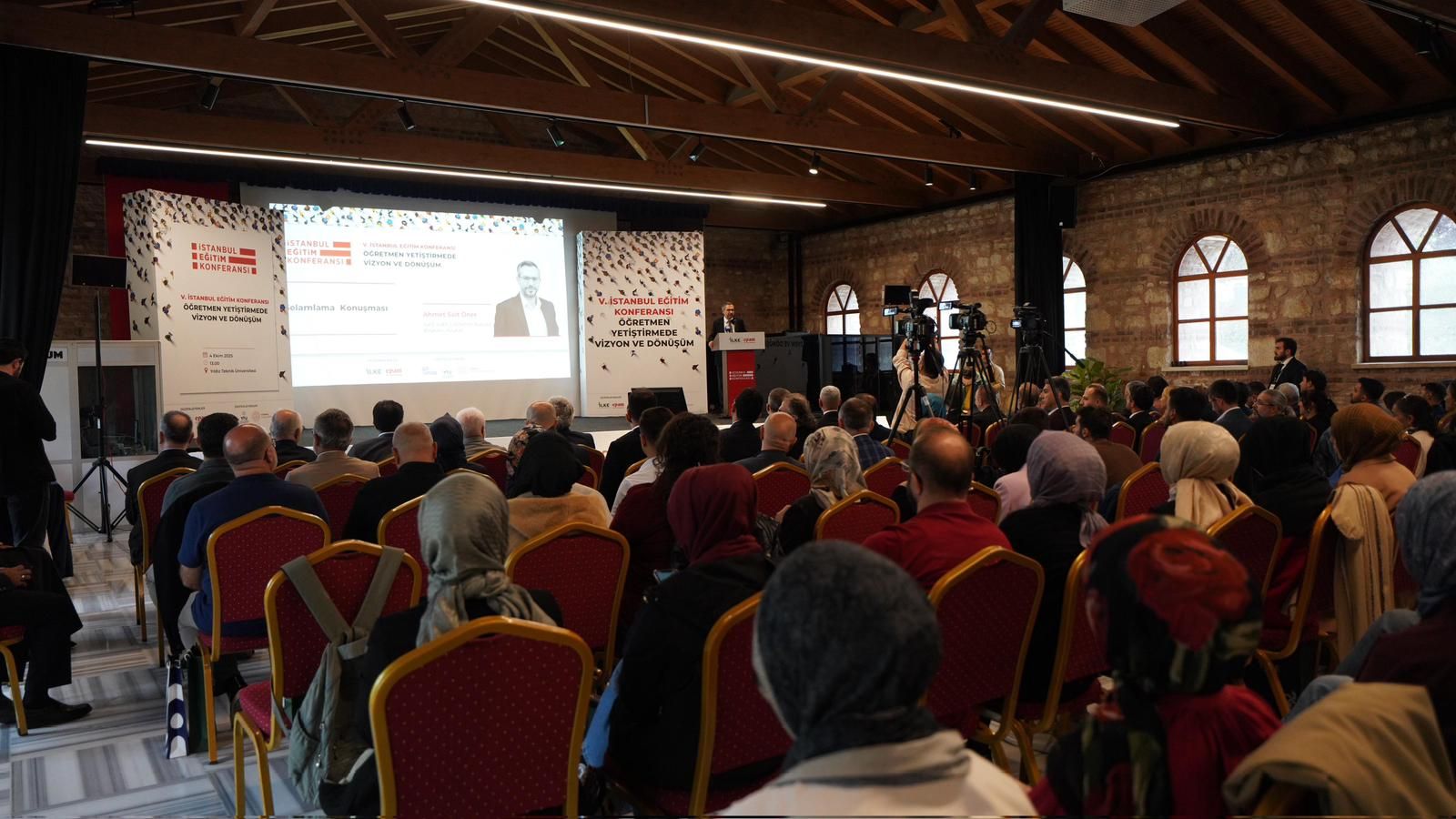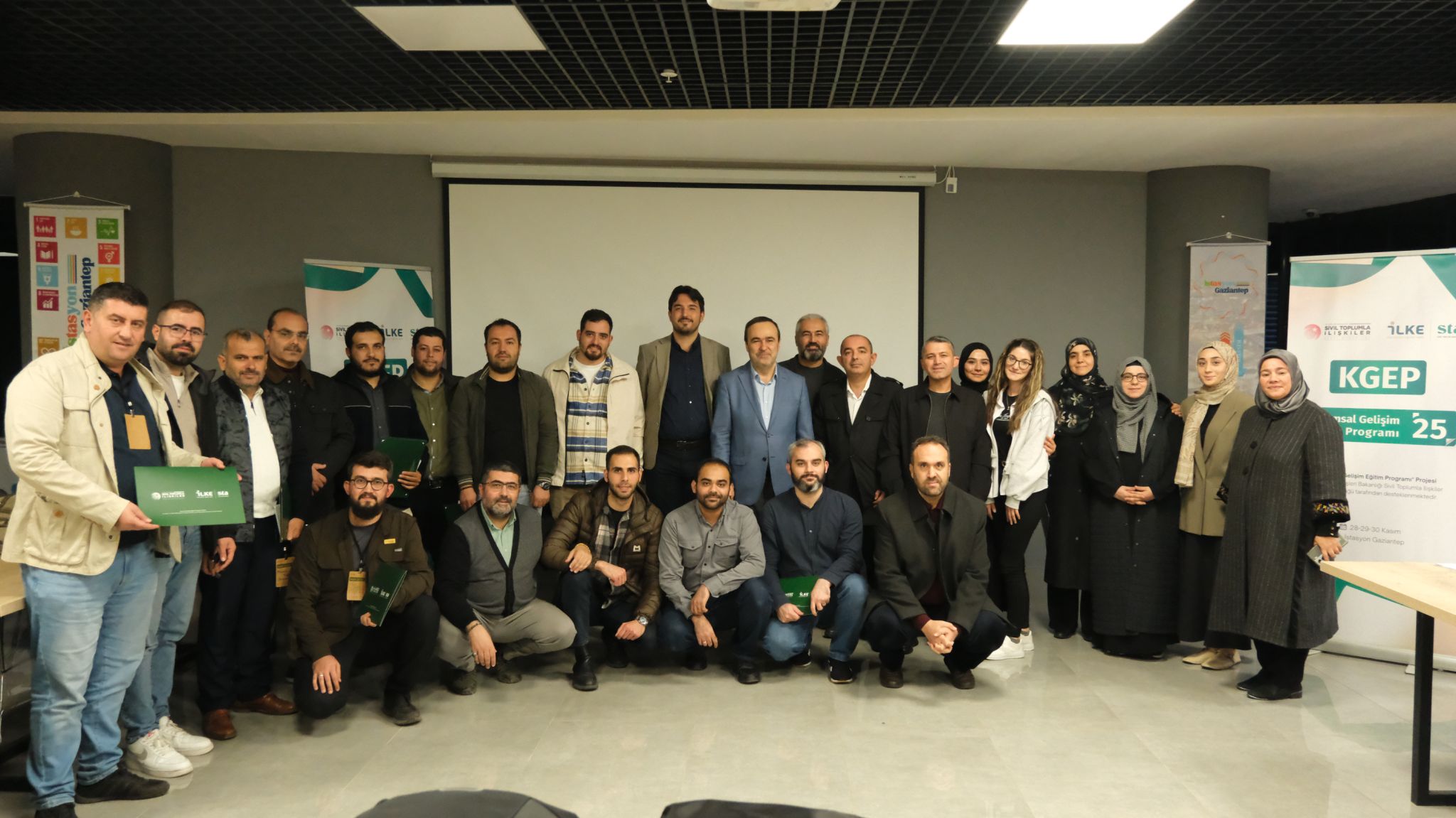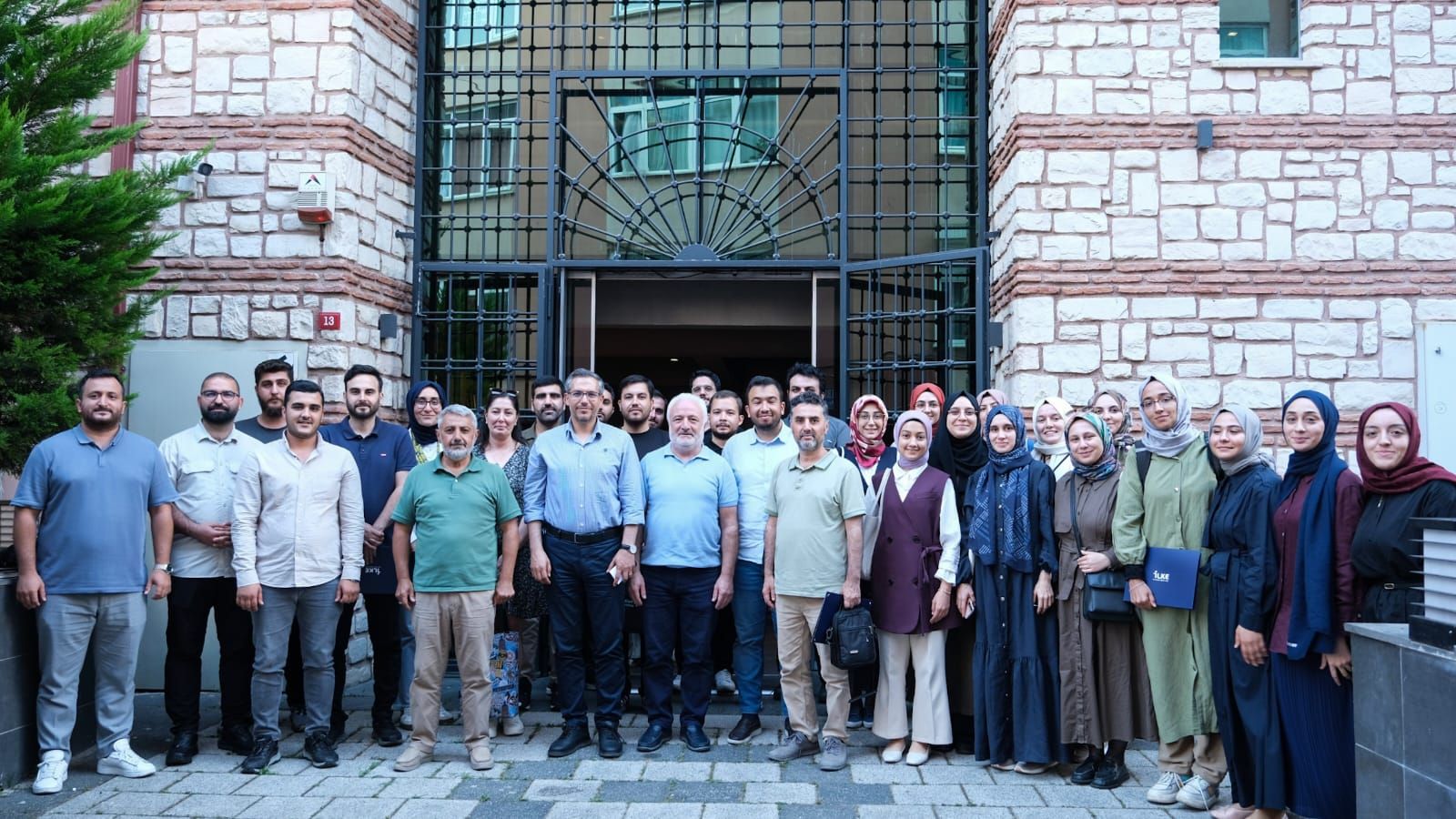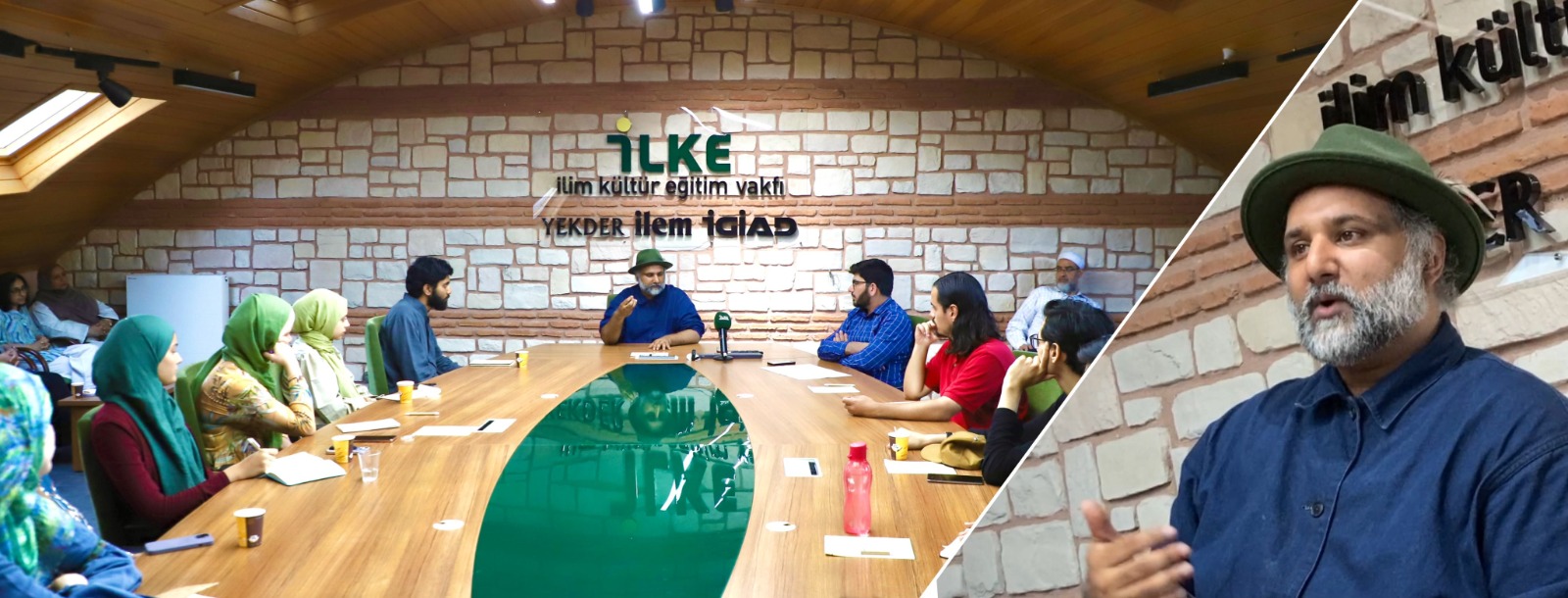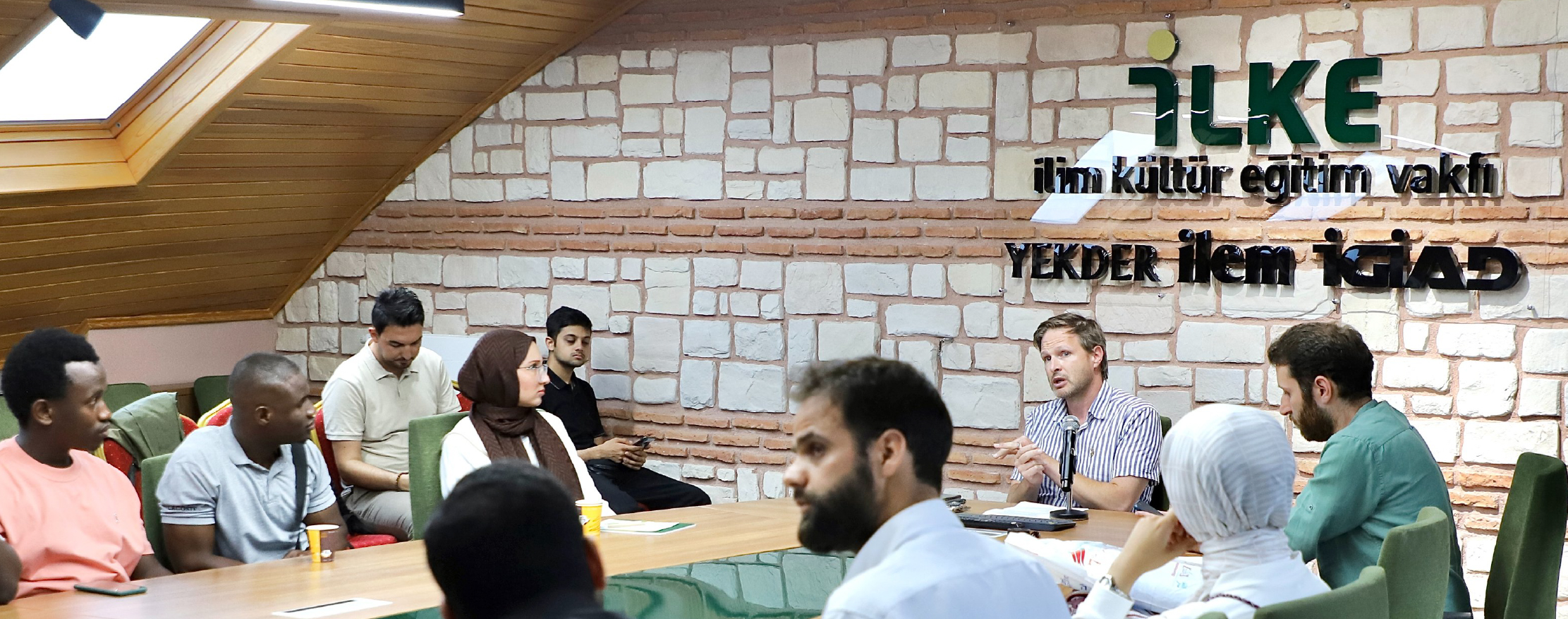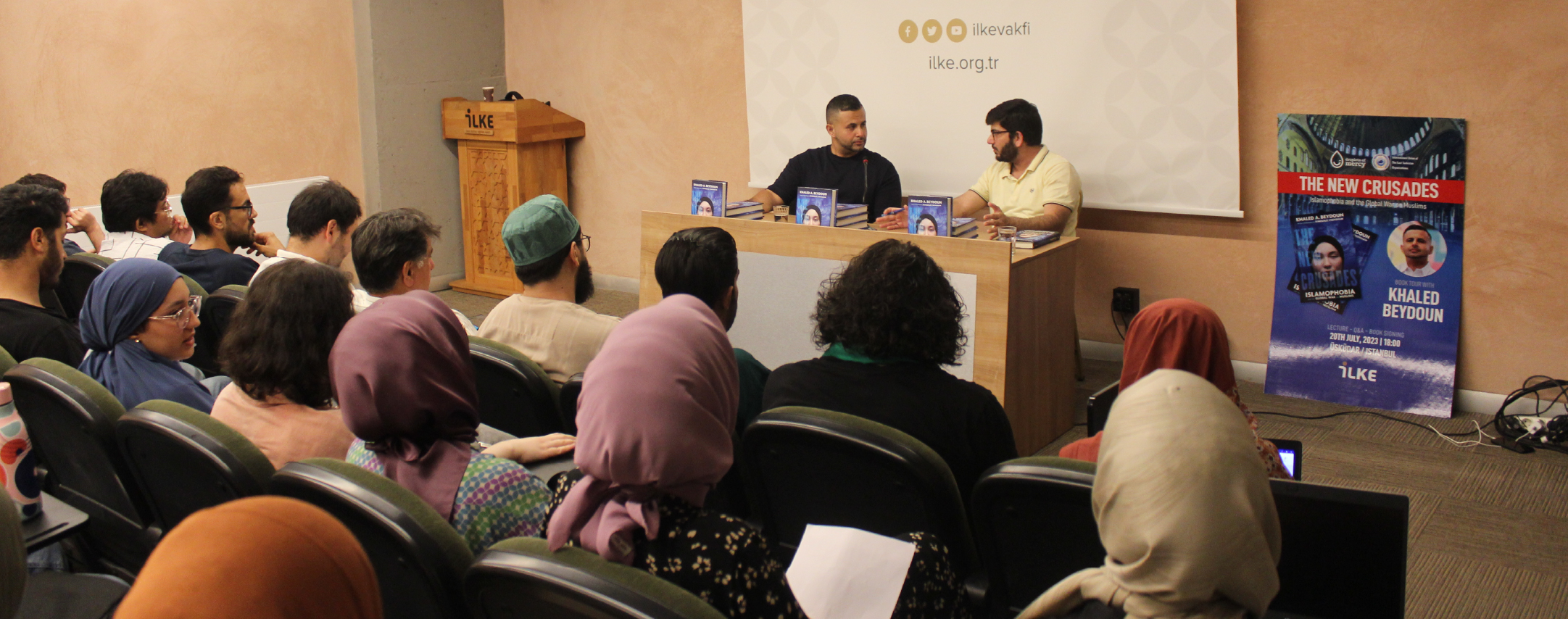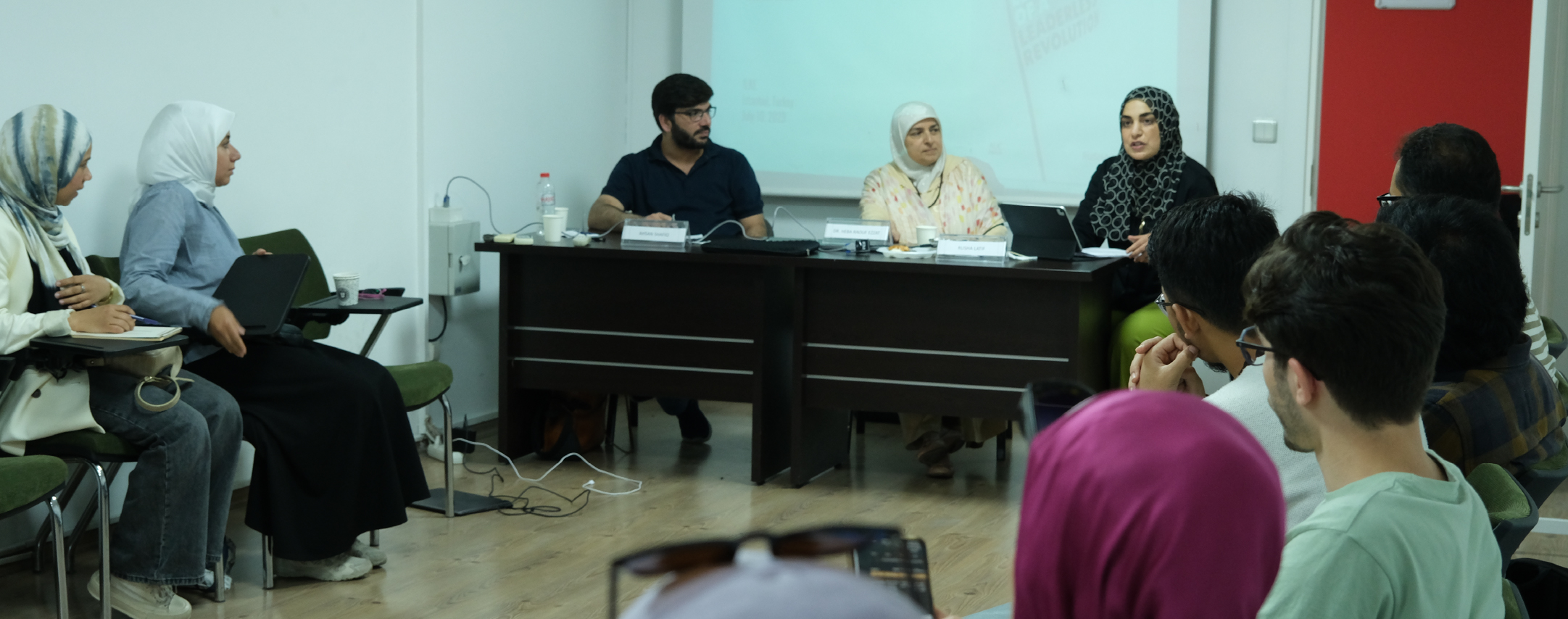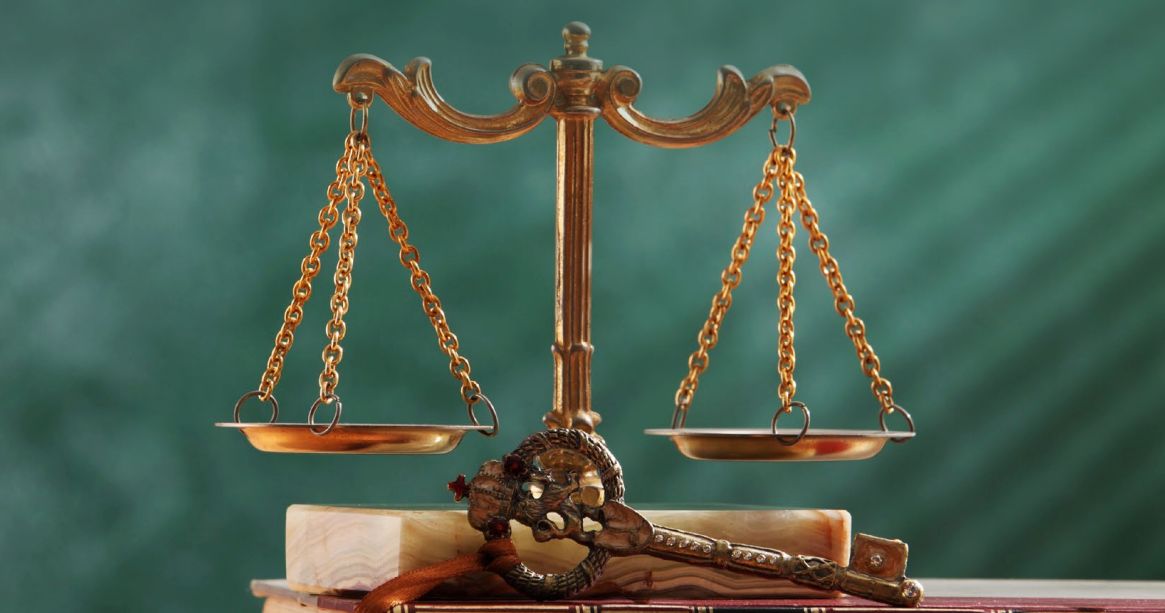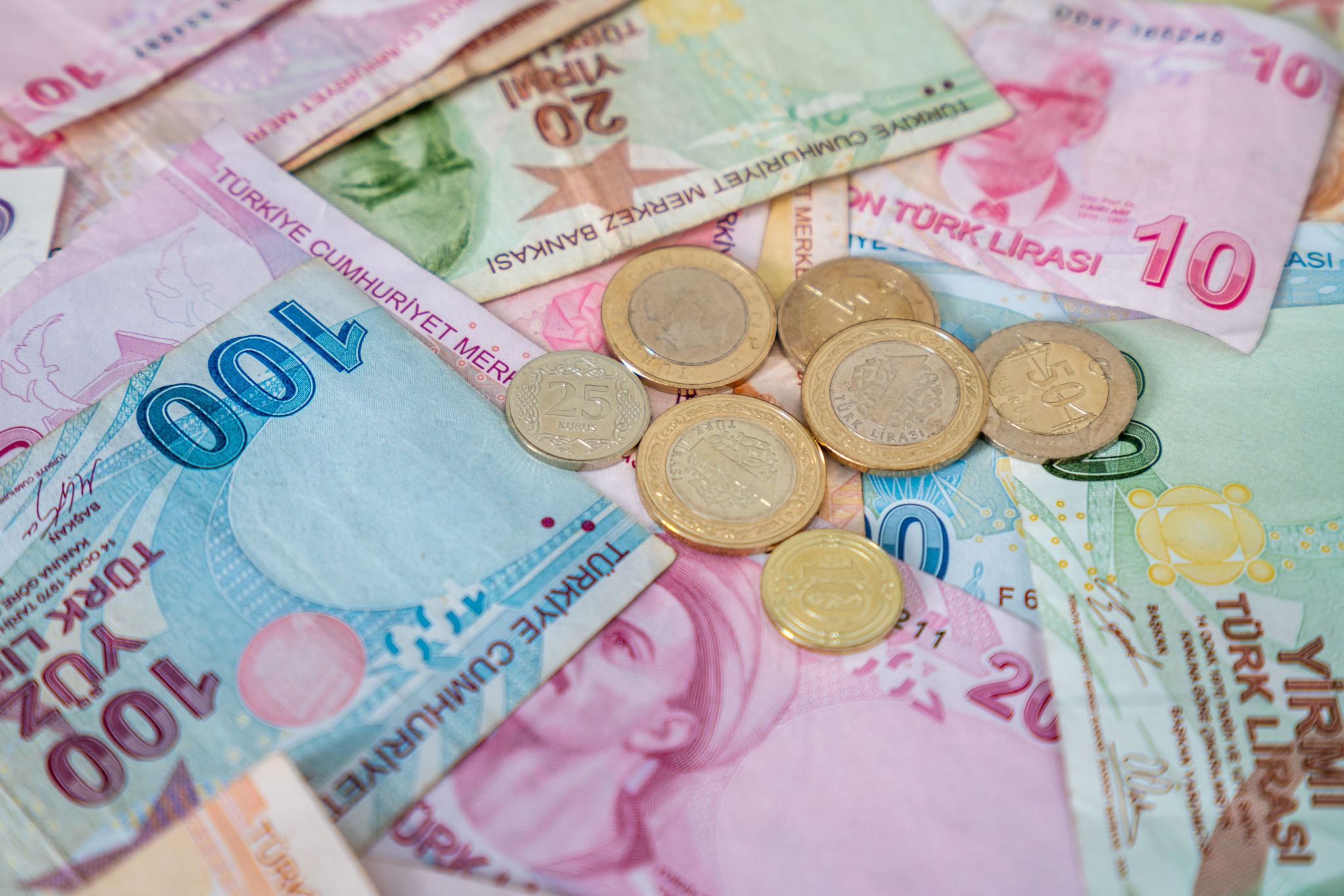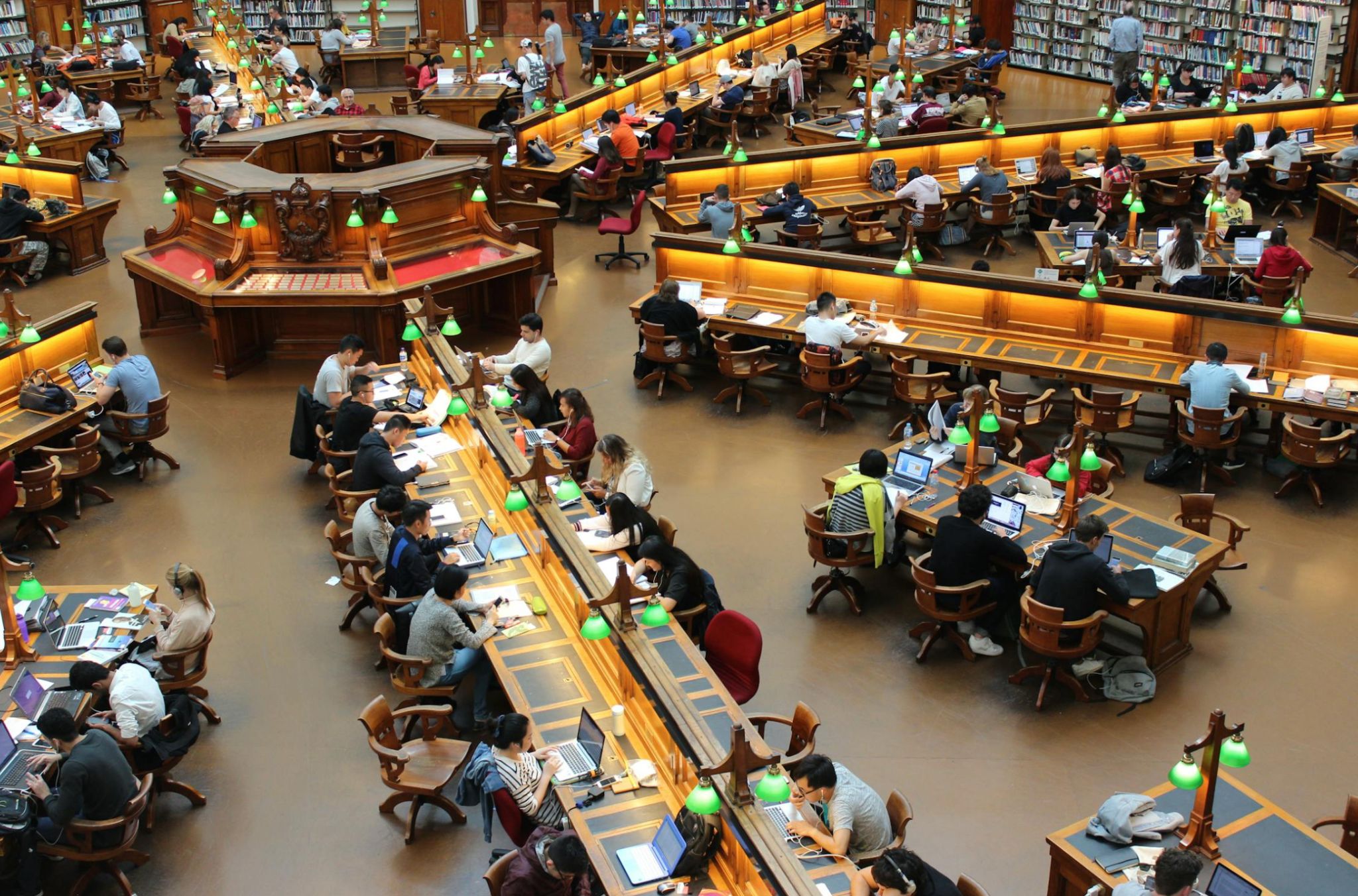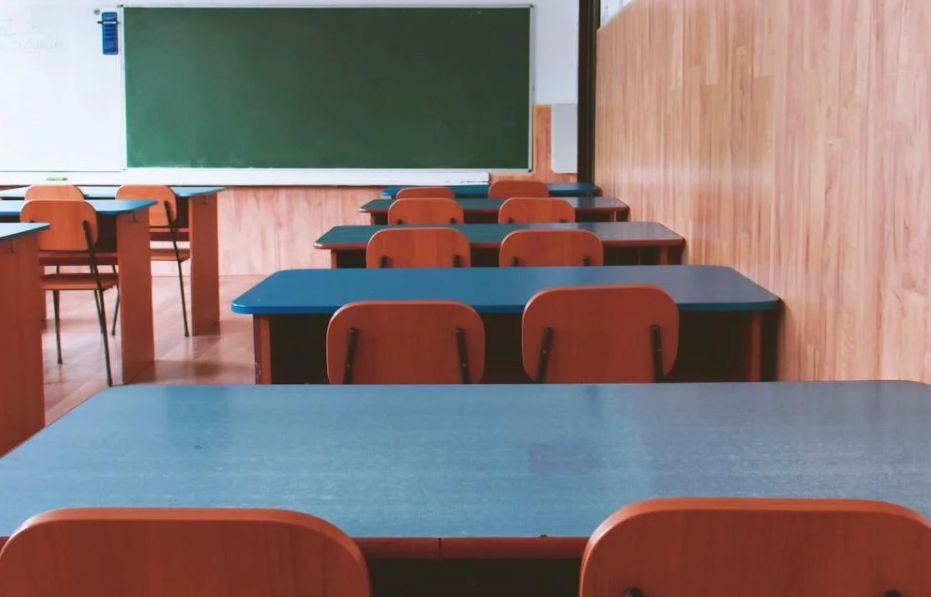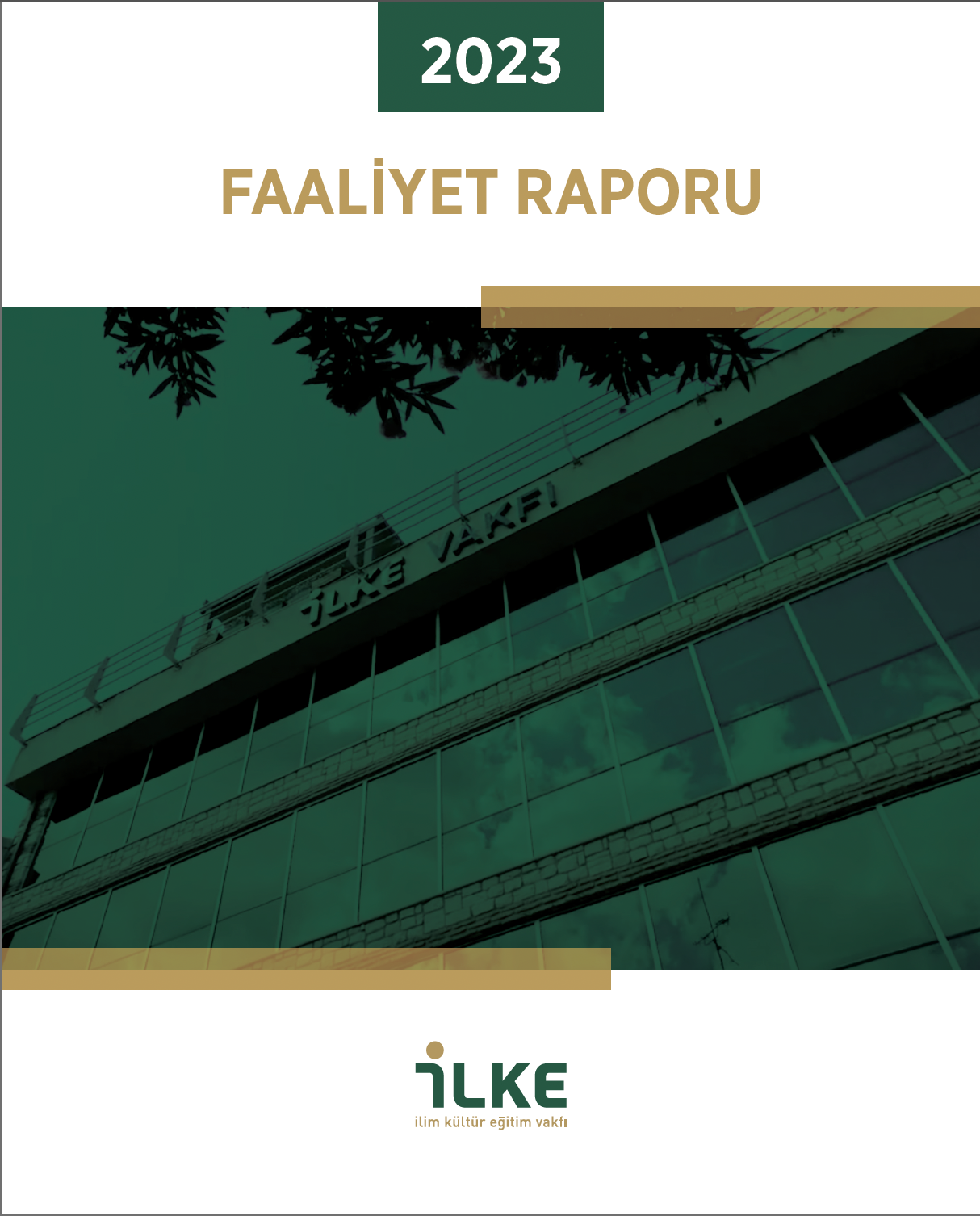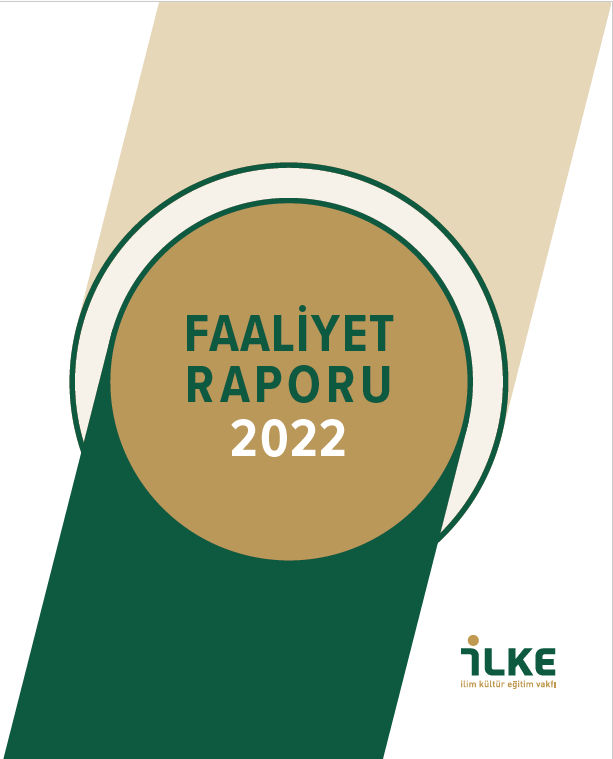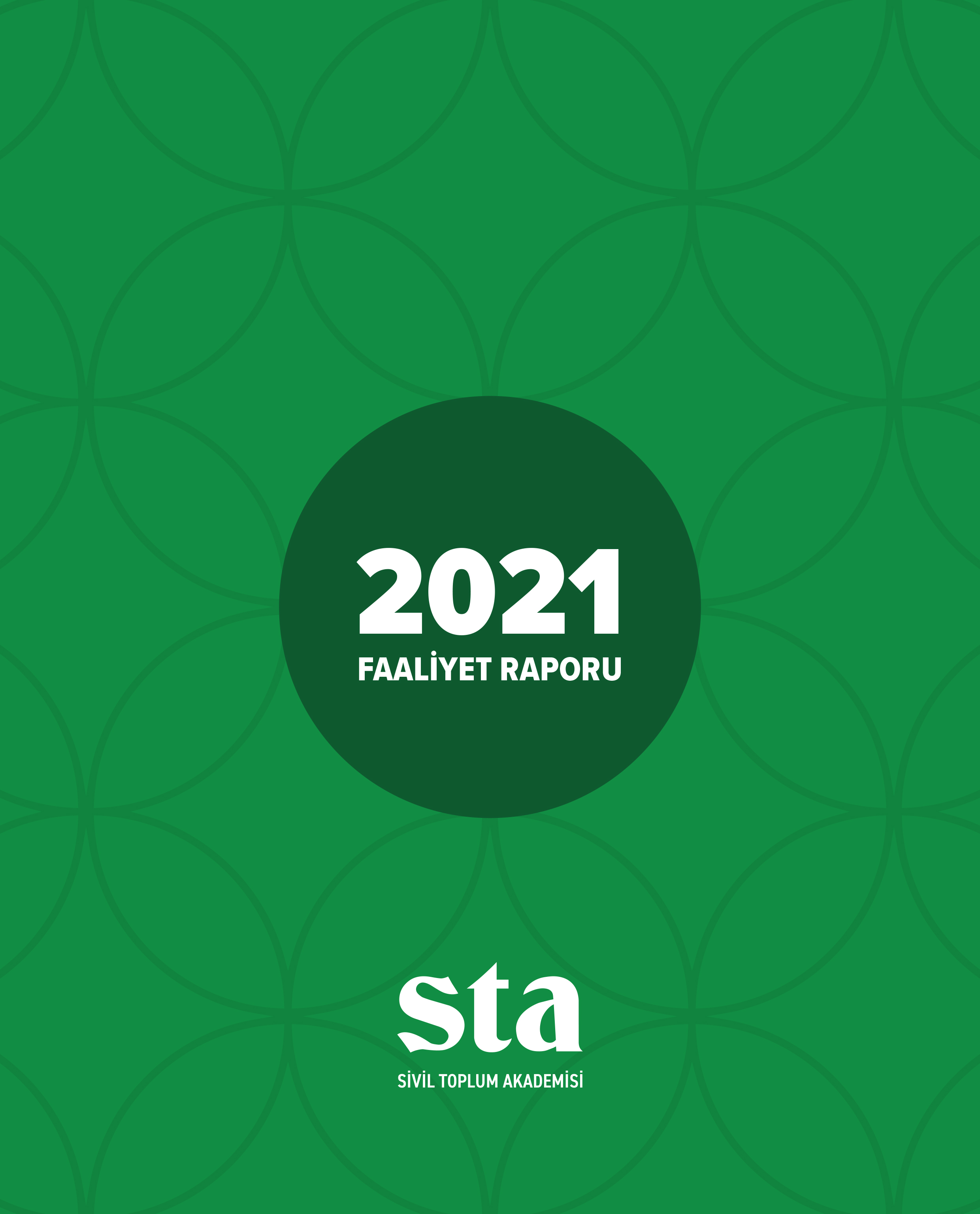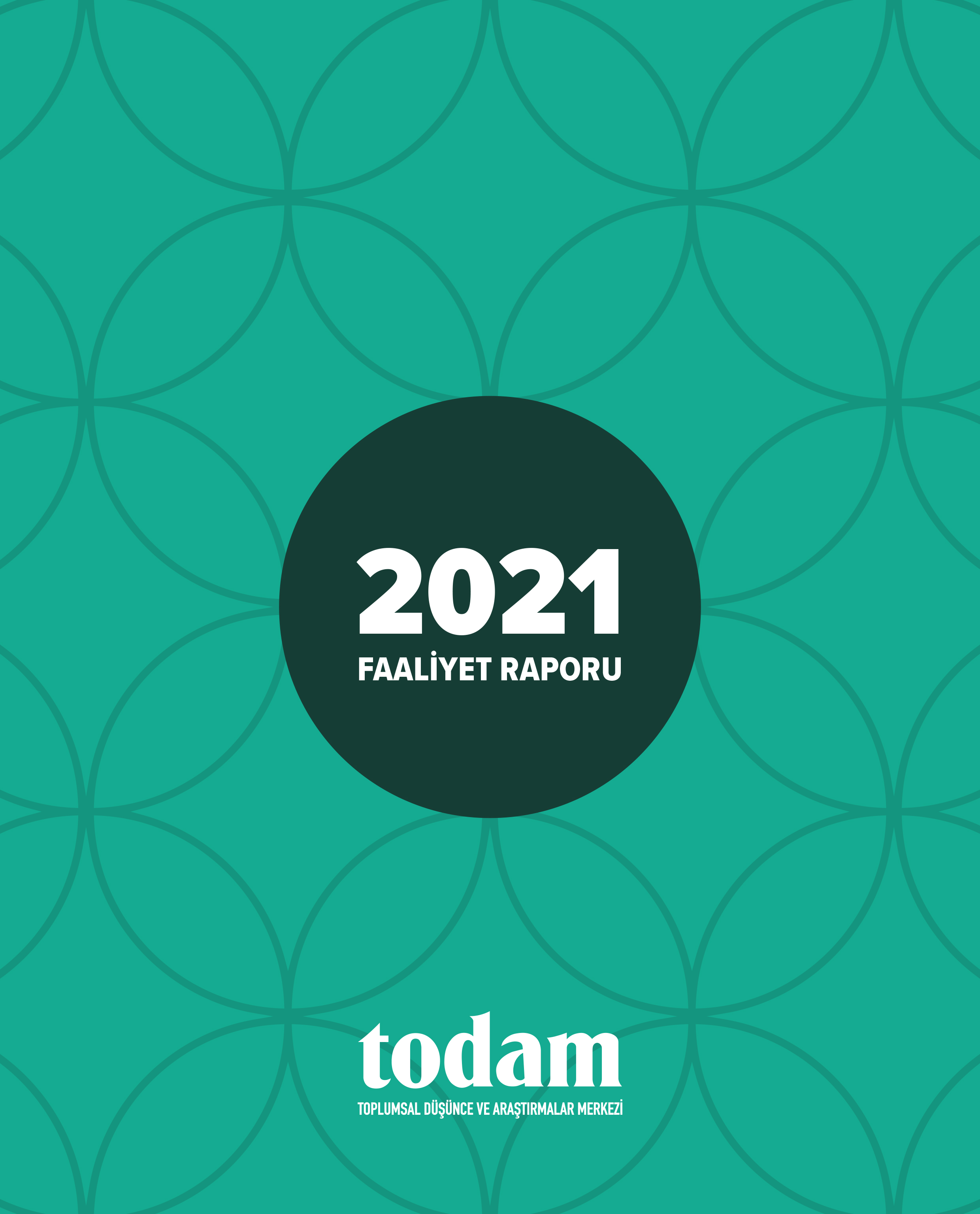Etkinlikler
Rapor Sunumu | Türkiye’de Uluslararası Öğrencilerin Eğitim ve Yaşam Deneyimleri
- Konum: FSM Vakıf Üniversitesi – Gülhane Yerleşkesi
- 13:00 - 15:00
Türkiye’de Hukuk Sisteminin Güncel Tablosu: Hukuk İzleme Raporları Ne Söylüyor?
- Konum: İLKE Vakfı
- 18:30 - 20:00
İş-Yaşam Dengesi: Türkiye’de Ebeveyn İzni ve Çocuk Bakım Politikaları
- Konum: İLKE Vakfı – Teras Salonu
- 18:30 - 20:30
Araştırma Merkezleri

İslam İktisadı Araştırma Merkezi (İKAM), İslam ekonomisi çalışmalarının daha nitelikli bir şekilde yapılmasına katkı sunmak amacıyla kurulmuştur. İKAM, “İslam iktisadı” düşüncesinin külli bir şekilde inşası için yetkin fikir ve teorilerin üretilmesini teşvik etmeyi ve yeni çalışmalara zemin teşkil etmeyi amaçlamaktadır.
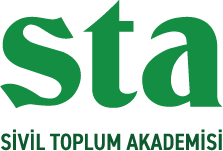
Sivil Toplum Akademisi (STA); sivil toplumun konuları, sorunları ve ihtiyaçlarına yönelik bilgi üretmek ve ürettiği bilgiyi tüm paydaşlarına sunmak amacıyla kurulmuştur. Çalışma sahası, eğitim, araştırma ve raporlama olmakla birlikte STA, sivil toplumun dikkat noktalarına yönelik çalışmalarını hem ulusal hem de uluslararası sahada sürdürme hedefindedir.
Hakkımızda
İLKE olarak Türkiye’nin ihtiyaç duyduğu alanlarda bilgi, politika ve strateji üretmekte, karar alıcılara yol gösterecek araştırmalar yapmakta ve gelecek için gerekli birikimin oluşmasına katkı sağlamaktayız. Eğitim, iş ahlakı, sivil toplum, hukuk ve yönetim alanlarında şimdiye kadar gerçekleştirdiğimiz çalışmalarla hem kamuda hem de sivil alanda katkılar sağladık. Tüm çalışmalarımızda toplumu tanıma ve anlamayı; sosyal ihtiyaçlardan haberdar olarak iş üretmeyi; çözüm odaklı faaliyetler yapmayı kendimize şiar edindik. Bu bağlamda sadece belli bir topluluğun sorunlarıyla değil tüm insanlığın meseleleriyle ilgileniyoruz.


